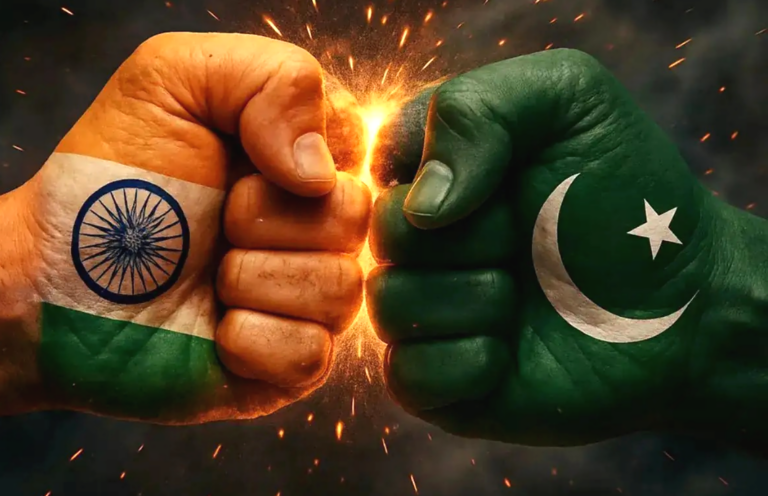BAKU, Azerbaijan, May 2. Tensions between India and Pakistan may lead to serious changes in parts of Eurasia and the world as a whole, the adviser of the Academy of Public Administration under the President of Azerbaijan, Zaur Mammadov, chairman of the Baku Club of Political Scientists, told Trend.
According to him, the presence of an external factor is also
seen in what happened between the two countries.
“Certain forces want to use both countries in their interests. It
will also be interesting hereto see how the US and China will
approach the issue. China and Pakistan are partners. The Chinese
foreign minister's call to his Pakistani counterpart also shows
that official Beijing is taking these issues seriously. China's
strategic roads run close to the area where the attack took place.
Protecting these roads and providing security is important to
China. This also raises the possibility of China intervening in a
possible war. On the other hand, the tension between the two
countries is one of the factors affecting China's border security,”
Mammadov said.
He noted that the person now in power in India is anti-Muslim.
“Narendra Modi is not noted for his unequivocal policy towards Islamic countries. This is also a very important factor. But we cannot expect a big war,” Mammadov said.
The head of the Social Research Center's sector, Tural Ismayilov, told Trend that tensions between India and Pakistan carry very serious risks and dangers for the whole world.
“It should be taken into account that both these countries have serious resources in terms of population, and at the same time Pakistan has great advantages over India on the world stage in terms of military-industrial complex products. In addition, these are two nuclear-armed countries. All this raises the fear that a potential war between India and Pakistan could cause great tension in the world.
Another point is that today, the Kashmir issue is also not properly addressed from the perspective of international law. There is no support for the resolution of this issue.
Ismayilov noted that India continues to show injustice towards Pakistan, as it has done at different times.
“Because Pakistan is a country that suffers from terrorism. It always urges international unity, the fight against international terrorism. Yet there is no adequate response to these calls. India's attempt to blame Pakistan for the terrorist attack on tourists half an hour after it took place, without any investigation, shows that India is trying to further radicalize the image of Pakistan as an enemy ahead of the 2027 elections and use this to turn the situation into a war. In this context, the likelihood of any military clash between India and Pakistan should remain under the scrutiny of the world community,” he emphasized.







